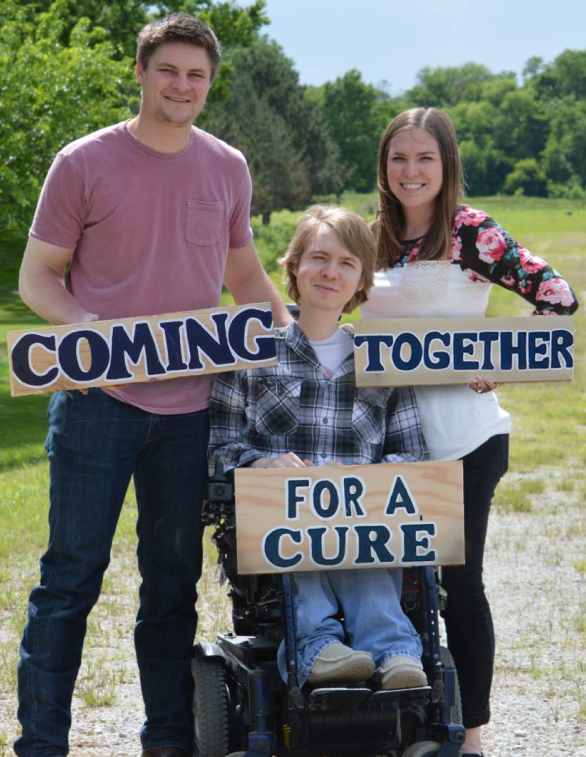Umbilical Cord Mesenchymal Stem Cells (UC-MSCs) for Duchenne Muscular Dystrophy (DMD)
Arugula Sciences is pioneering the development of a groundbreaking potential treatment for Duchenne Muscular Dystrophy (DMD) using Umbilical Cord Mesenchymal Stem Cells (UC-MSCs). If successful, this potential treatment will be on track to become a new standard of care for DMD patients worldwide.
UC-MSCs are known for their potent anti-inflammatory and antifibrotic effects, as well as their excellent safety profile. These cells are obtained from umbilical cord tissue, a medical waste material that does not raise ethical concerns. UC-MSCs exert anti-inflammatory activity by reducing TNFalpha secretion, T cell activation, and CD49d expression, a molecule associated with DMD disease severity and progression. Additionally, UC-MSCs promote tissue repair and have antifibrotic effects through their secreted molecules, such as MMP-1 and microRNA-29c. This approach is expected to be applicable to all DMD patients, irrespective of their specific mutations.
Objectives
The overall objective is to evaluate the safety and potential efficacy of UC-MSC administered by intravenous delivery to patients with DMD. The primary objective of the planned Phase 1/2a clinical trial is to assess the safety of UC-MSCs through repeated dosing in patients with DMD. The secondary objective is to determine the potential efficacy of repeat dosing by assessing physiological responses and comparing changes in laboratory biomarker levels.
The Phase 1 trial will enroll 5 participants in an open-label fashion to receive a dose of (cell product) on three consecutive days.
The Phase 2 trial will enroll 30 participants equally distributed into two blinded, randomized groups:
- Group 1 will receive four repeating doses of UC-MSCs administered intravenously at three-month intervals for a year, for a total of 4 UC-MSC treatments.
- Group 2 will receive two placebo doses administered intravenously at three-month intervals, starting at Day 0, with a delayed-entry begin receiving two repeating doses of UC-MSCs administered by intravenous delivery at three-month intervals, beginning at Month 6 until the end of year one, for a total of 2 UC-MSC treatments.
Arugula Sciences intends to develop the use of UC-MSCs for the treatment of DMD in the US through the FDA regulatory process, with the goal of making this treatment available for patients in the US and other countries with similar regulations.


